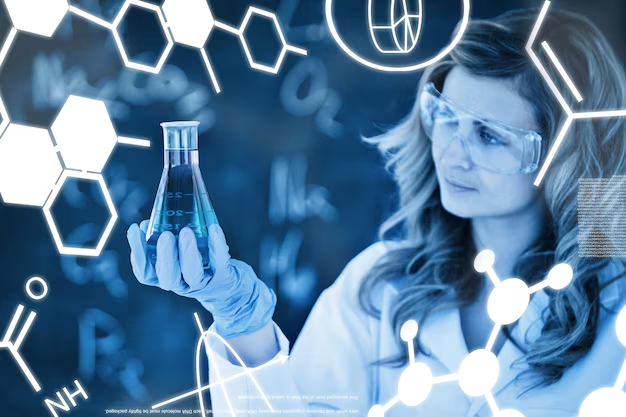How to Become a Lab Tech: Required Degrees and Certifications
Embarking on a career as a Lab Technician offers an engaging journey through the realm of science and technology. Aspiring lab techs typically start their professional path with an Associate’s degree in Clinical Laboratory Science or a related field, often followed by a Bachelor’s degree for greater opportunity and advancement. These foundational programs equip students with a critical understanding of lab procedures, safety protocols, and data analysis, essential for thriving in this dynamic environment. To bolster credibility and expertise, pursuing certifications such as the Medical Laboratory Technician (MLT) certification, offered by the American Society for Clinical Pathology (ASCP), is highly recommended and sometimes required by employers. This certification not only enhances skill sets but also increases employability and potential earnings.
In addition to degrees and certifications, some states necessitate lab techs to hold specific licenses, emphasizing the importance of checking local requirements. Many educational institutions offer flexible and comprehensive programs tailored to meet these educational and professional development needs. By investing in formal training and continuous education, aspirants position themselves as valuable assets in the healthcare and technical research sectors, ensuring a rewarding career trajectory.
Essential Pathways to Becoming a Lab Tech:
- 🎓 Associate’s Degree: Clinical Laboratory Science or related field
- 🎓 Bachelor’s Degree: Often preferred for advancement
- 🧪 Certification: Medical Laboratory Technician (MLT) by ASCP
- 📰 State License: Required in certain regions
This structured approach to education and certification fortifies your journey into the lab tech profession, making you a desirable candidate in the competitive job market.
